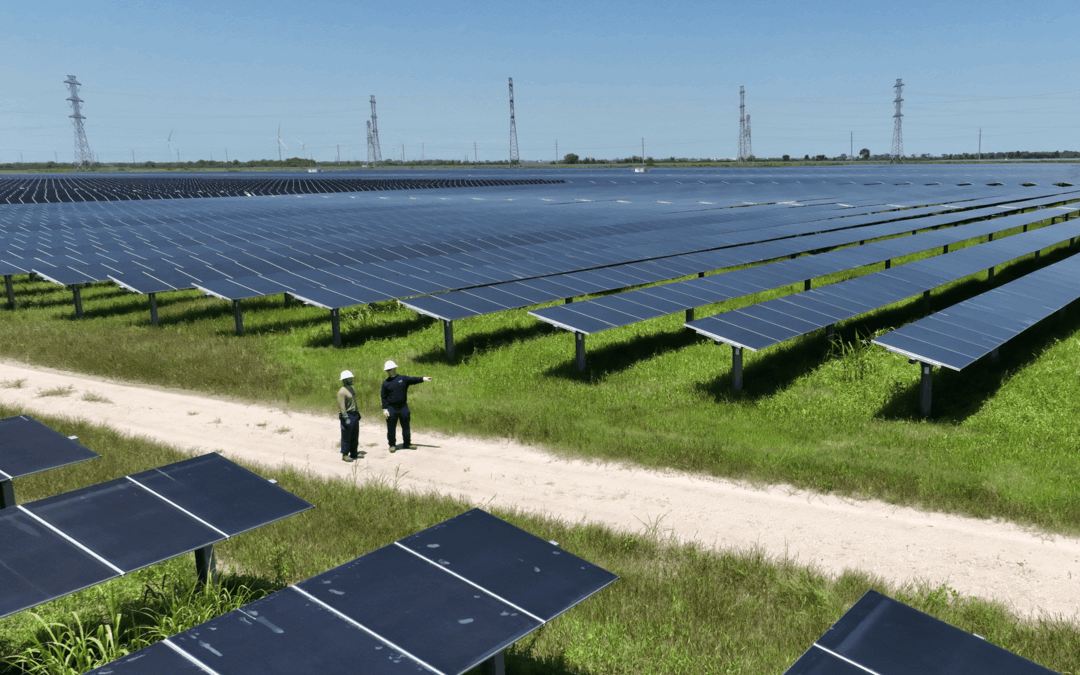Mars Launches Climate School to Build Climate-Competent Workforce
Mars advances its net-zero journey with new employee training and expanded renewable energy use across global operations.
Mars Inc. has rolled out an online training program for its employees worldwide as part of its broader push toward a net-zero future powered by renewable energy.
The Mars Climate School, hosted on the company’s learning platform Mars University, aims to equip associates with practical knowledge to drive climate action across workplaces and communities.
The six-hour course takes participants through three modules: Climate Basics, Climate for Business, and Climate at Mars. The program explains the science of climate change, its business implications, and Mars’ roadmap to achieving net zero by 2050.
The company said the course is mandatory for senior leaders and managers in key functions such as research, supply, and corporate affairs.
Mars partnered with Project Drawdown, a U.S.-based nonprofit specializing in climate solutions, to ensure scientific accuracy and actionable learning.
“Our Climate School is more than just training. It’s a movement to empower people to lead the way toward a sustainable future,” said Alastair Child, Mars’ chief sustainability officer.
Thousands of associates have already completed the program, with a target of 80% participation across priority teams by the end of 2025. Graduates are recognized as “Climate Heroes” who embed sustainability in their daily work.
By upskilling staff, Mars said it is developing a workforce capable of understanding and addressing climate risks both professionally and personally. The initiative complements other sustainability training programs on topics like packaging, logistics, and operations.
Mars Powers All European Snacking Factories With Renewables
Last month, Mars announced it has transitioned all 10 of its European snacking factories to renewable energy, marking a major milestone in its decarbonization journey.
The factories—located across Germany, France, the United Kingdom, and three other countries—produce roughly 900,000 tonnes of snacks annually, with 85 percent consumed locally.
The shift follows €1.5 billion ($1.6 billion) invested in upgrading operations over the past five years.
Mars first entered renewable energy in Europe with a wind farm project in 2016. It now powers all its confectionery sites with clean electricity, supplementing demand with renewable certificates and biomethane purchases.
“Sustainability makes good business sense and is at the heart of our strategy,” said Marc Carena, regional president for Mars Wrigley.
Expanding Clean Energy in the US
In the U.S., Mars signed its first clean power agreements with Enel North America under its “Renewable Acceleration” program. The contracts will provide 1.8 terawatt-hours of solar energy annually, avoiding around 700,000 tonnes of carbon emissions.
Enel will supply the energy from three new solar plants in Texas, where sheep grazing will be used to manage vegetation. The deal represents Enel’s largest-ever corporate power purchase agreement.
“Mars is raising the bar for corporate sustainability strategies,” said Michele Di Murro, CEO of Enel North America.
The Renewable Acceleration program extends beyond factories to include suppliers, logistics, and even customer energy use. Mars said the initiative could cut its global carbon footprint by 10% by 2030, equivalent to 3 million tonnes of emissions.
Toward a Net-Zero Future
Mars’ combined efforts through renewable energy investments and employee education reflect its broader commitment to tackling climate change. The company consumes about 2 terawatt-hours of power annually in its direct operations and up to 9 TWh across its full value chain.
Kevin Rabinovitch, Mars’ global vice president of sustainability, said the company’s approach creates scale. “It lets us bring all the electricity used in our value chain to the clean energy market efficiently,” he said.
The $55 billion confectionery and pet care giant plans to invest another €1 billion in Europe by 2026 to accelerate its decarbonization roadmap. Its wider sustainability strategy also targets deforestation prevention, climate-resilient farming, and low-carbon logistics.
Together, the Climate School and renewable energy milestones mark significant steps in Mars’ journey toward a sustainable, net-zero future.
Also Read:
EDF Launches Free Online Course to Boost Corporate Climate Action Skills
Mars Launches Climate School to Build Climate-Competent Workforce
Nirmal Menon
Related posts
Subscribe
Error: Contact form not found.


